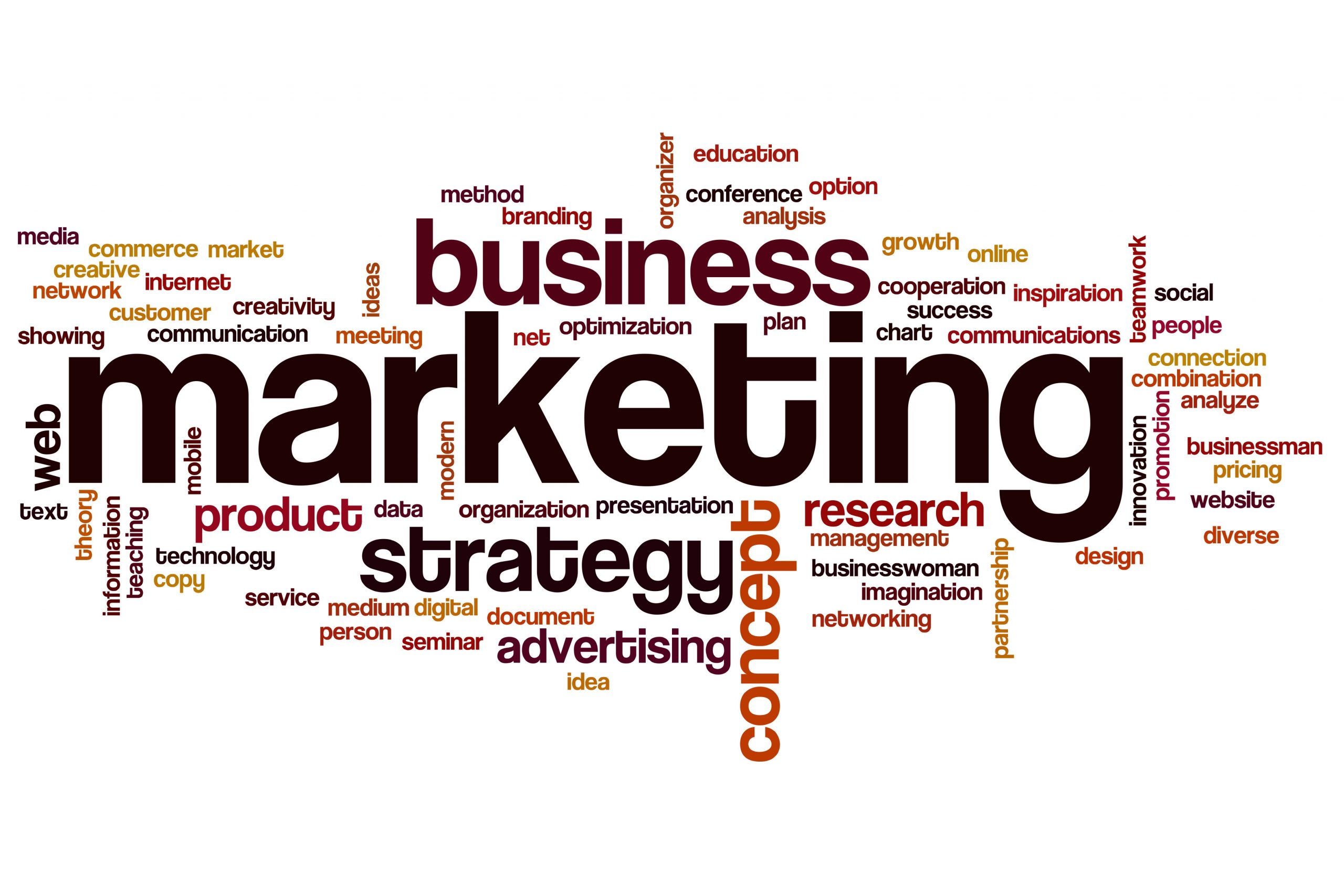
As the marketing landscape continues to evolve, staying ahead of the curve is essential for businesses seeking sustainable growth. In the era of constant innovation, here are some cutting-edge strategies and trends that can shape the future of marketing:
**1. Artificial Intelligence (AI) Integration:
AI is revolutionizing marketing by enabling personalized and predictive experiences. Leverage AI algorithms for customer segmentation, chatbots for instant customer interaction, and predictive analytics to anticipate consumer behavior. AI-driven insights can inform strategic decision-making and enhance the overall customer journey.
**2. Augmented Reality (AR) and Virtual Reality (VR) Experiences:
AR and VR technologies offer immersive experiences that captivate audiences. Implement AR for interactive product demonstrations or use VR for virtual showrooms and experiences. These technologies create memorable brand interactions, fostering deeper connections with consumers.
**3. Voice Search Optimization:
With the rise of voice-activated devices, optimizing content for voice search is crucial. Focus on natural language keywords, answer-based content, and local search optimization to ensure your brand remains discoverable in the era of virtual assistants like Siri, Alexa, and Google Assistant.
**4. Chat Marketing and Conversational Commerce:
Chat marketing, powered by chatbots and messaging apps, provides a direct and instant channel for customer communication. Implement chatbots for real-time support, transactional interactions, and personalized recommendations. Conversational commerce enables seamless transactions within messaging apps, streamlining the path from discovery to purchase.
**5. Personalization Beyond the Basics:
Move beyond basic personalization by leveraging advanced technologies. Utilize machine learning to analyze customer behaviors and preferences, delivering hyper-personalized content and product recommendations. Tailoring the user experience based on individual preferences enhances engagement and builds brand loyalty.
**6. User-Generated Content (UGC) Campaigns:
Encourage your audience to be part of your brand narrative through UGC campaigns. Whether it's through social media challenges, reviews, or shared experiences, user-generated content builds authenticity and trust. Showcase UGC to create a sense of community and strengthen brand identity.
**7. Micro-Influencer Partnerships:
While influencer marketing remains relevant, the trend is shifting toward micro-influencers with smaller, highly engaged audiences. Collaborate with influencers whose followers align with your target demographic for authentic and impactful brand promotion.
**8. Blockchain for Transparency:
Blockchain technology is increasingly being adopted to enhance transparency in marketing. Utilize blockchain for secure and transparent supply chain management, verify the authenticity of products, and ensure the integrity of digital advertising transactions.
**9. Sustainability Marketing:
Consumers are becoming more conscious of environmental and social issues. Align your brand with sustainability initiatives and communicate your commitment to responsible practices. Sustainability marketing not only contributes to a positive impact but also resonates with socially conscious consumers.
**10. Interactive and Shoppable Content:
Transform your content into interactive and shoppable experiences. Implement features like in-image shopping, interactive video elements, and augmented reality try-ons to turn engagement into conversion seamlessly.
**11. Social Commerce Expansion:
Social media platforms are evolving into full-fledged e-commerce hubs. Leverage features like Instagram Shopping, Facebook Marketplace, and Pinterest Shop to provide a seamless shopping experience directly within social platforms.
**12. Data Privacy and Consent-Centric Marketing:
As privacy concerns grow, prioritize transparent data practices and seek explicit consent from users. Establish trust by communicating how customer data is used and ensure compliance with evolving data protection regulations.
Conclusion:
The future of marketing is dynamic, driven by technological advancements and evolving consumer expectations. By embracing these trends and strategies, businesses can position themselves for success in a digitally connected and rapidly changing world. Continuously innovate, stay informed, and be agile to navigate the exciting landscape of future marketing trends. 🚀🌐💡
